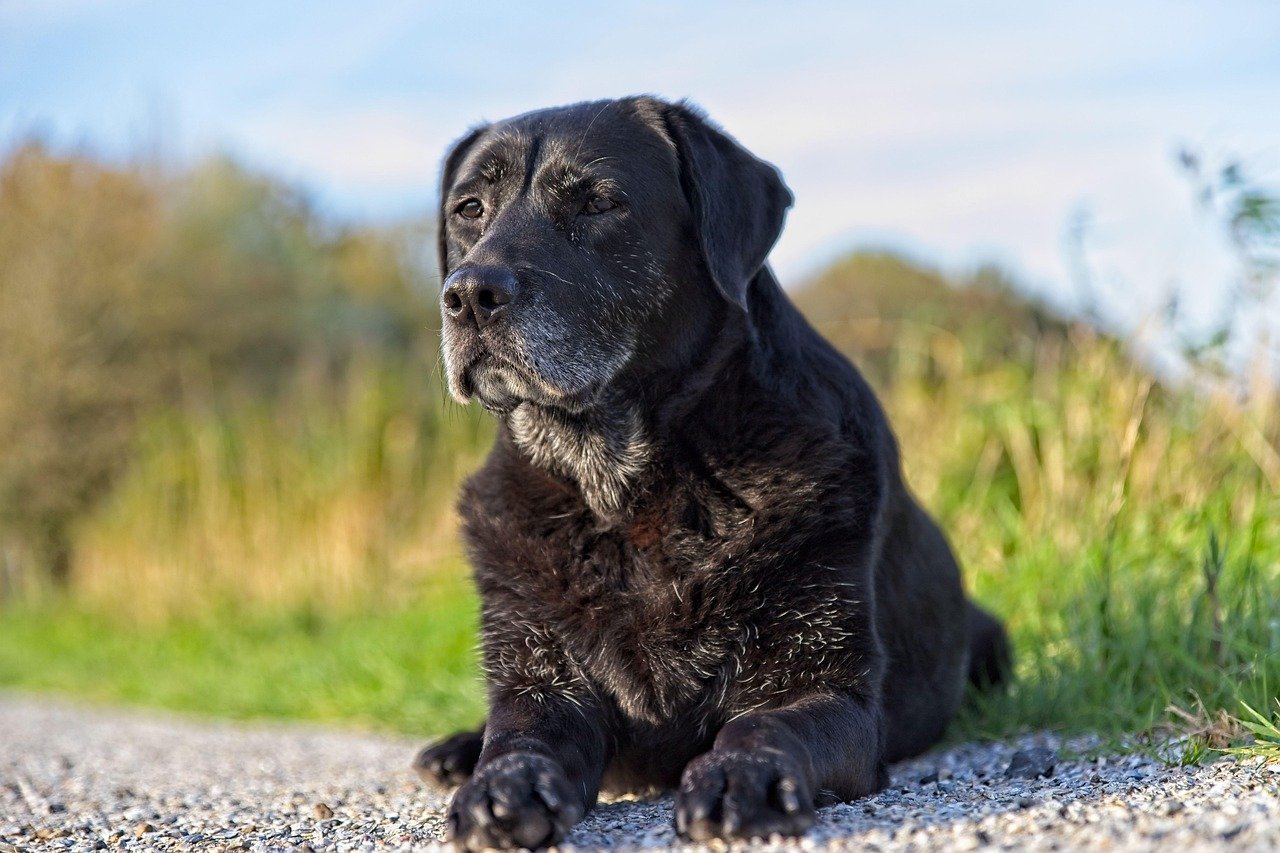As your dog gets older, you’ll start to notice some subtle (and not-so-subtle) changes in their behavior, energy levels, and health. Slower walks, more naps, or even a bit of gray around the muzzle are all part of the natural aging process. You might also see shifts in appetite, joint stiffness, or changes in vision and hearing. But don’t worry—with a little extra care, senior dogs can thrive well into their golden years. Regular vet checkups, gentle exercise, and a diet tailored to their age can make a big difference. Most importantly, your love and patience will help them feel safe and supported every step of the way. Aging may change your dog’s needs, but it never changes how much they adore you.
Slowing Down: Decreased Energy and Activity
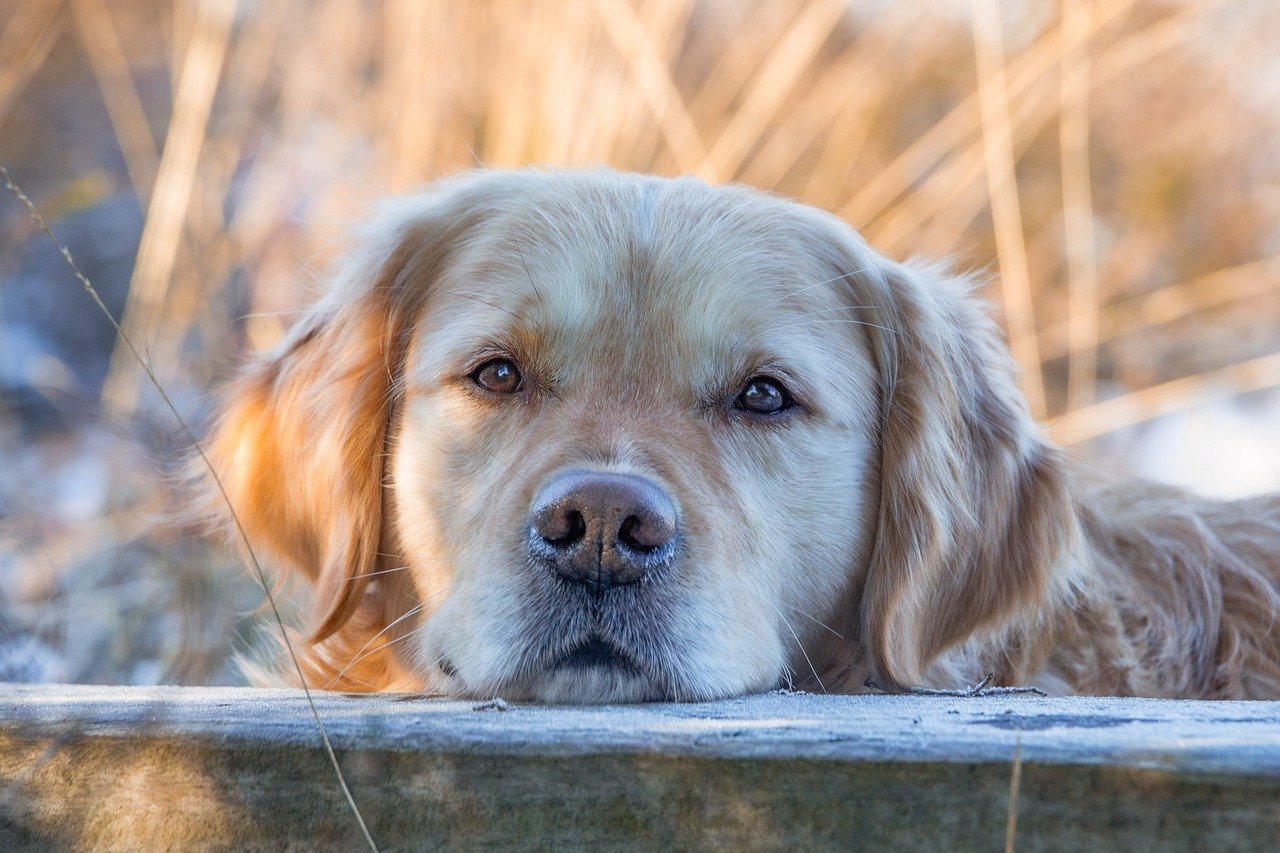
One of the first things many dog owners notice as their furry friend ages is a drop in energy. Suddenly, the dog that used to dash around the yard for hours prefers snoozing on the couch. This shift isn’t just laziness—it’s a natural part of the aging process. Muscles weaken, joints stiffen, and metabolism slows down, making long runs and endless games of fetch a little tougher. To manage this, try shorter, more frequent walks instead of long hikes. Use gentle toys and introduce low-impact activities like swimming. Remember, it’s about quality, not quantity. Even a slow stroll offers your dog the chance to sniff and explore, which is just as important for their happiness as it is for their health.
Stiff Joints and Arthritis
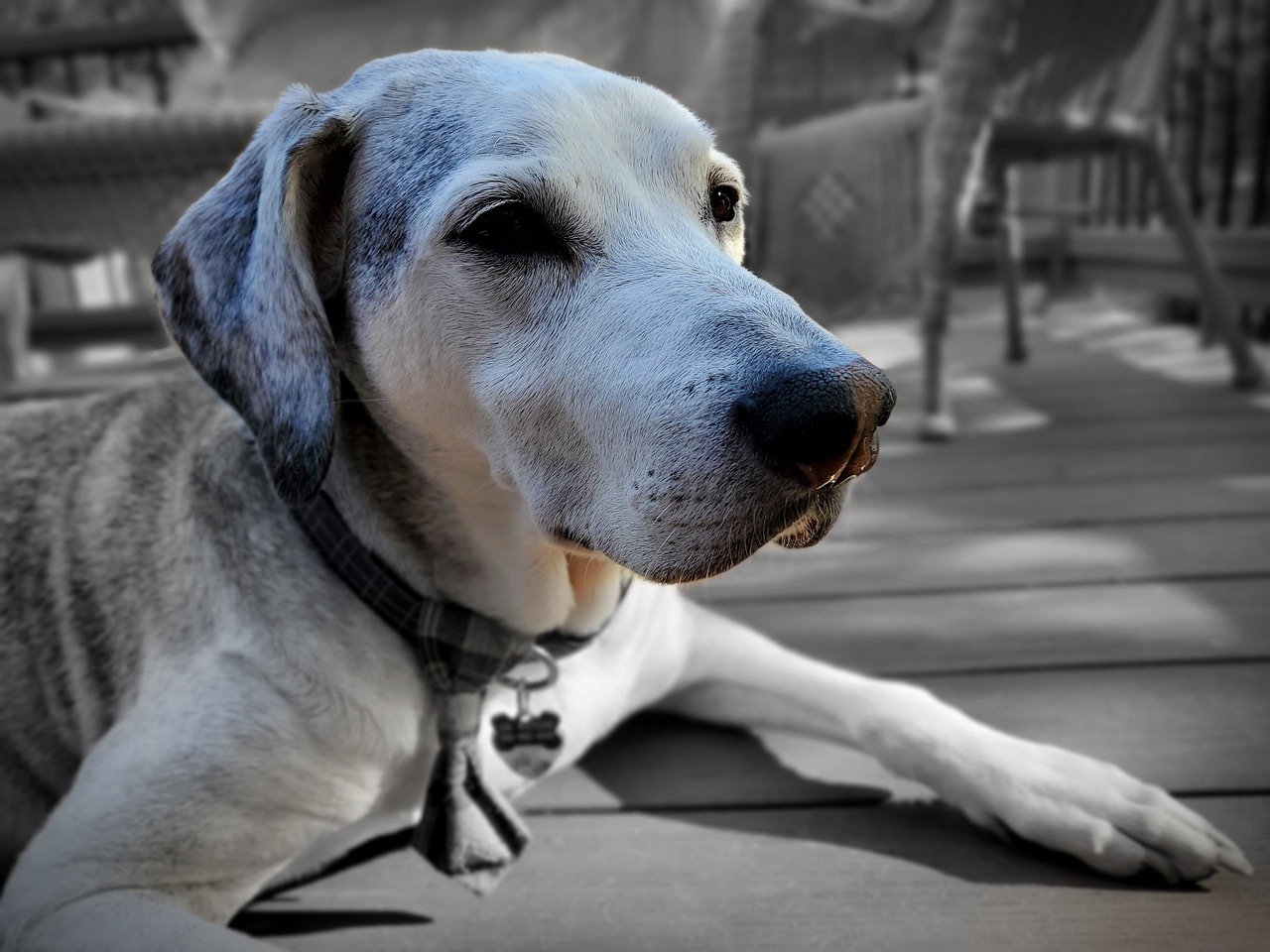
Joint discomfort is a common visitor in a senior dog’s life. You might notice your pup hesitating before jumping onto the bed or groaning when getting up. Arthritis and joint inflammation can really put a damper on your dog’s mobility. To help, create a cozy home environment with orthopaedic dog beds and ramps instead of stairs. Gentle massages and regular vet check-ups can catch problems early. Also, talk to your vet about supplements like glucosamine or omega-3 fatty acids, which can support joint health. The goal is to keep your dog comfortable and moving, even if it’s at a slower pace.
Changing Appetite and Weight Fluctuations
As dogs grow older, their appetite might become as fickle as a toddler’s. Some lose interest in food, while others gain a paunch seemingly overnight. A slower metabolism, dental issues, and medical conditions like diabetes can all play a role. Keep an eye on your dog’s weight and adjust their diet as needed. Opt for high-quality, senior-specific dog food that’s easier to chew and digest. If your dog turns their nose up at meals, try warming the food or adding a little low-sodium broth for flavor. Regular weigh-ins at the vet can help you catch problems early, so don’t skip those check-ups.
Dental Problems: More Than Just Bad Breath
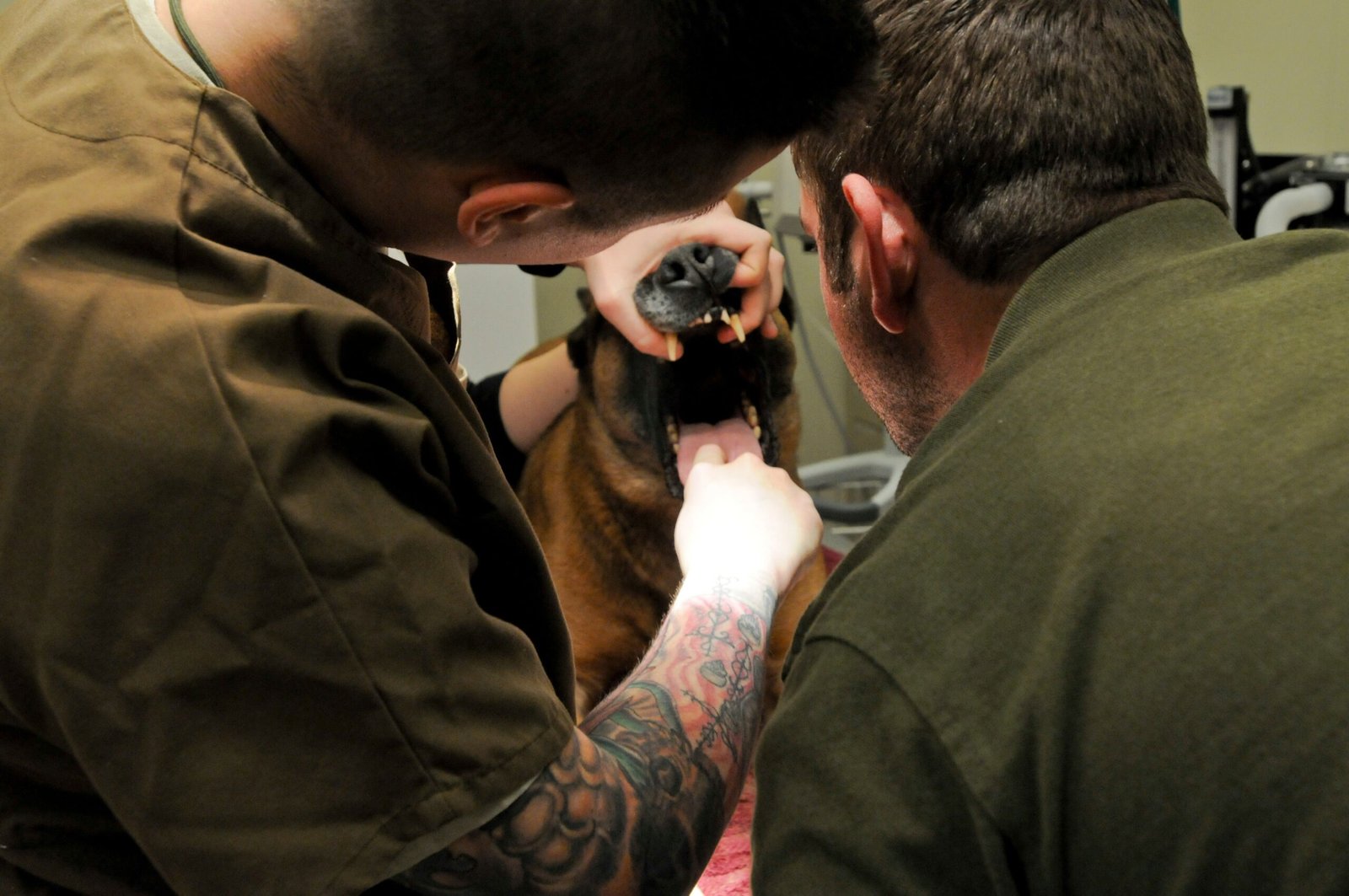
If your dog’s breath could knock you over from across the room, it might be more than just a minor inconvenience. Dental disease is rampant in older dogs, leading to pain, tooth loss, and even heart or kidney issues if bacteria enter the bloodstream. Brush your dog’s teeth regularly and offer dental chews to help keep plaque at bay. Schedule annual dental cleanings with your vet. If your dog already has dental issues, softer foods and pain management can make eating more comfortable. Think of it as helping your dog keep their best smile into their senior years.
Cloudy Eyes and Vision Loss
Does your dog bump into furniture or hesitate in dim lighting? Cloudy eyes and worsening vision are common as dogs age. Cataracts and other eye conditions can develop, making the world a fuzzier place for your pet. Keep walkways clear of obstacles and use nightlights to help your dog navigate at night. If your dog’s vision is declining, avoid rearranging furniture to prevent confusion. Some owners even use textured rugs to create “paths” in the house. Regular eye checks with your vet can catch treatable issues early, preserving your dog’s sight for as long as possible.
Hearing Loss: The Silent Change
It’s easy to miss the signs of hearing loss in dogs, but you might notice your pup ignoring commands or sleeping through loud noises. Older dogs can lose their hearing gradually, making communication a challenge. To help, use hand signals alongside verbal cues and stomp your foot to create vibrations when calling your dog. Approach your dog gently to avoid startling them. Patience and understanding go a long way – remember, your dog isn’t ignoring you, they just might not hear you like they used to.
Behavioral Changes and Increased Anxiety
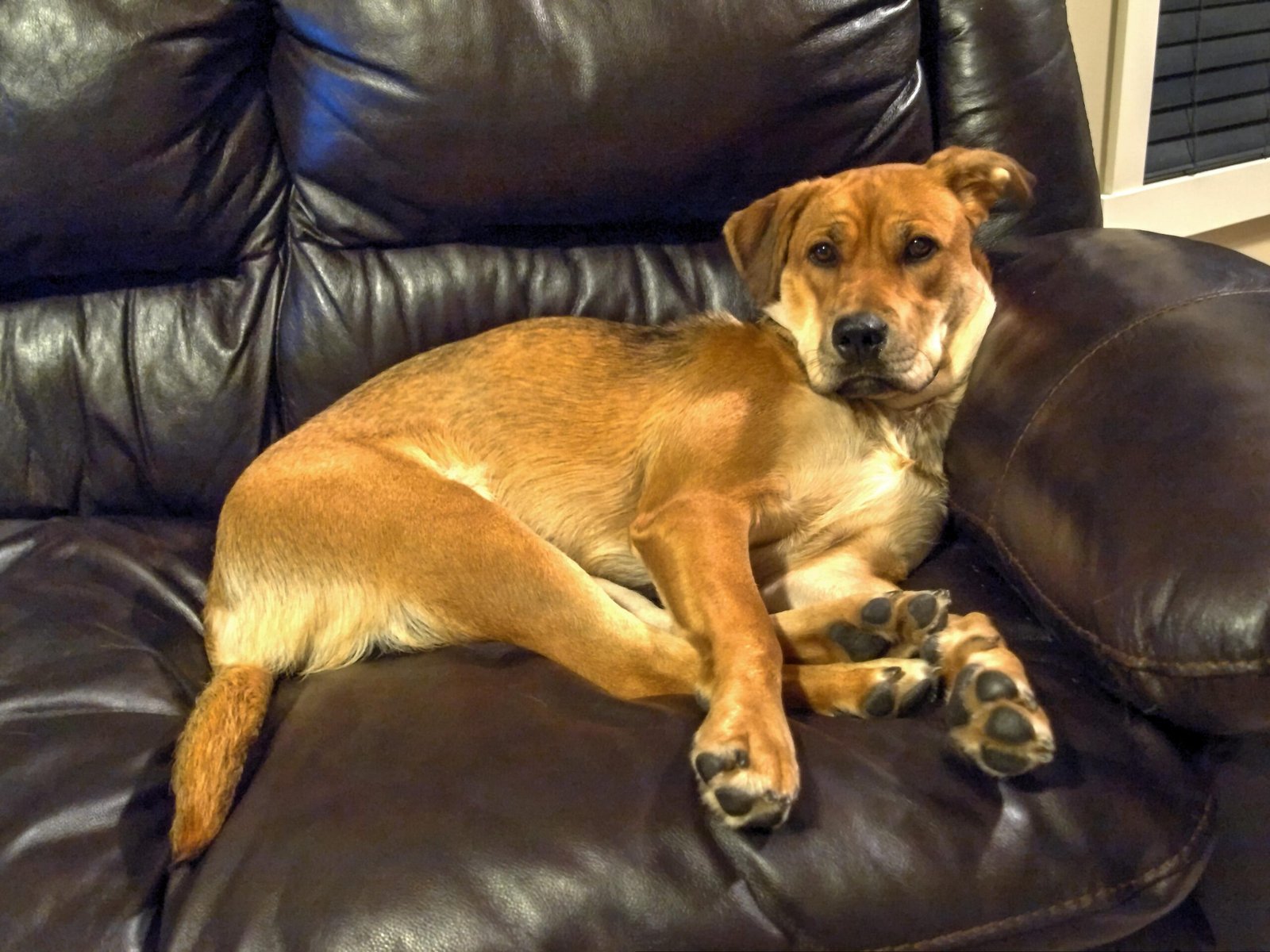
Aging can bring on surprising changes in your dog’s mood and behavior. Some dogs become clingier, while others retreat into themselves. Anxiety, confusion, and even grumpiness can surface, especially in unfamiliar situations. Create a predictable routine to give your dog a sense of security. Soothing music, calming pheromone sprays, and extra cuddle time can help ease their worries. If your dog shows signs of severe anxiety or cognitive decline, talk to your vet about possible treatments or medications. Remember, patience and empathy are your best tools here.
Increased Need for Bathroom Breaks
Older dogs often need to “go” more often, especially at night. Weakened bladder muscles, kidney issues, or even diabetes can be the culprits. Frequent accidents aren’t your dog’s fault—they’re just part of getting older. Take your dog out for more frequent potty breaks and consider puppy pads or washable rugs indoors. Don’t scold your dog for accidents; instead, focus on keeping them comfortable and clean. If bathroom troubles suddenly worsen, see your vet to rule out infections or other health problems.
Greying Fur and Skin Changes
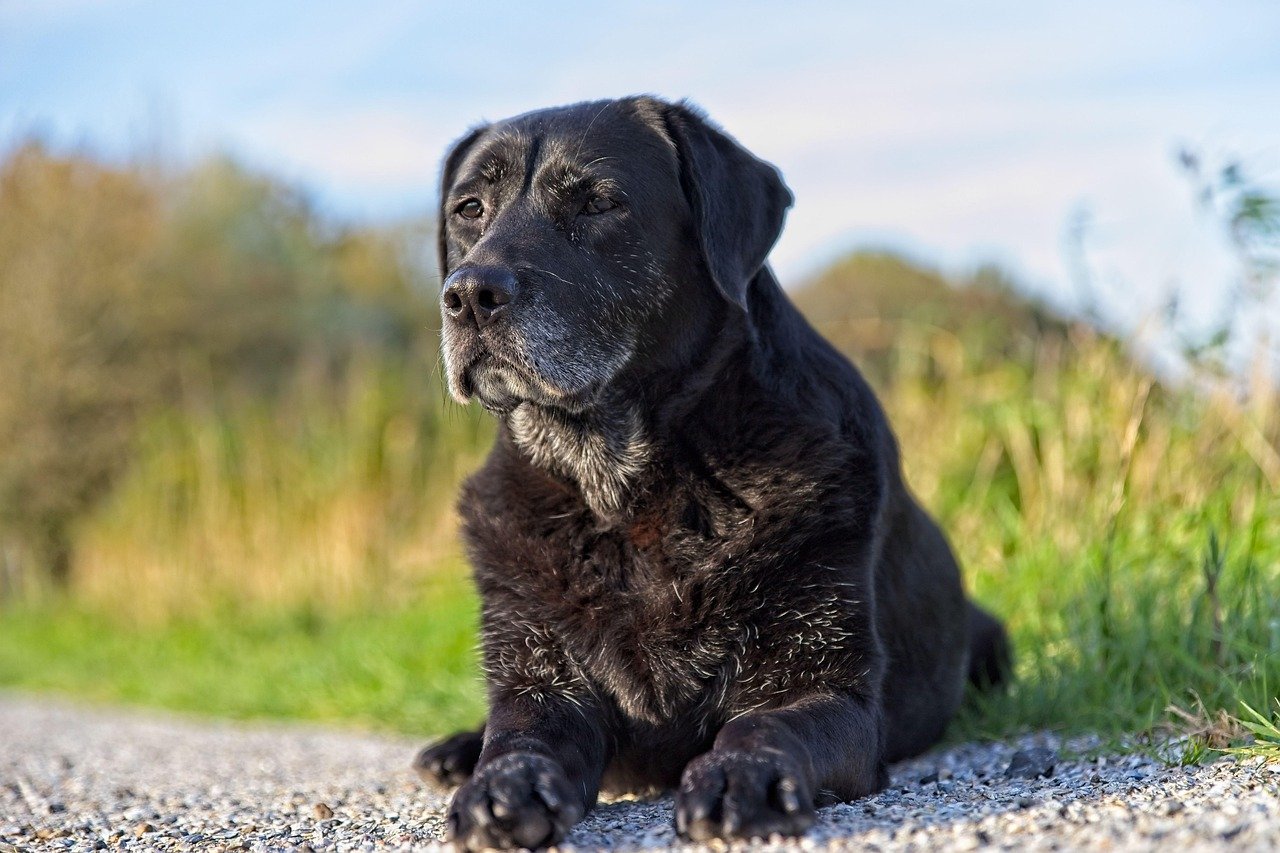
That distinguished silver on your dog’s muzzle is a badge of honor, but it’s not the only skin change you might notice. Older dogs can develop lumps, bumps, and dry or flaky skin. Some may even lose fur in patches. Regular grooming helps you spot these changes early. Use gentle brushes and soothing shampoos designed for sensitive skin. If you notice any suspicious lumps or wounds that don’t heal, have your vet take a look. Early detection can make all the difference.
Weaker Immune System

Just like humans, a dog’s immune system can get sluggish with age, making them more susceptible to illness. You might notice your dog catches colds more often or takes longer to recover from infections. Keep up with vaccinations and regular vet visits. Pay attention to any changes in behavior, appetite, or energy, as these can be early signs of illness. A balanced diet, clean living space, and plenty of love all help support your dog’s immune system. Think of yourself as your dog’s personal bodyguard, always on the lookout for trouble.
Less Tolerance for Extreme Temperatures
Older dogs are like Goldilocks—they don’t like it too hot or too cold. Their bodies simply can’t regulate temperature as well as they used to. In summer, avoid midday walks and provide plenty of fresh water and shade. In winter, consider a cozy sweater and limit time outside. Watch for signs of overheating or chills, and always trust your instincts. Your dog will thank you for keeping them comfortable, no matter the weather.
Cognitive Decline and Memory Loss
Cognitive changes, sometimes called “doggy dementia,” can creep up quietly. Maybe your dog forgets familiar routes, gets stuck in corners, or seems confused by simple routines. These signs can be heartbreaking, but there are ways to help. Keep routines simple and consistent. Puzzle toys and gentle training can keep your dog’s mind engaged. If memory loss progresses, talk to your vet about supplements or medications that may help. Most of all, be patient and cherish the moments of clarity and connection you share.
Watching your dog grow old can tug at your heartstrings, but it’s also a privilege. By understanding the changes that come with age and adjusting their care, you help them stay comfortable and happy. A little extra patience, some senior-friendly routines, and plenty of affection go a long way. After all, your aging pup is still the same loving companion—just a bit slower and a lot wiser.

Andrew Alpin from India is the Brand Manager of Doggo digest. Andrew is an experienced content specialist and social media manager with a passion for writing. His forte includes health and wellness, Travel, Animals, and Nature. A nature nomad, Andrew is obsessed with mountains and loves high-altitude trekking. He has been on several Himalayan treks in India including the Everest Base Camp in Nepal.

